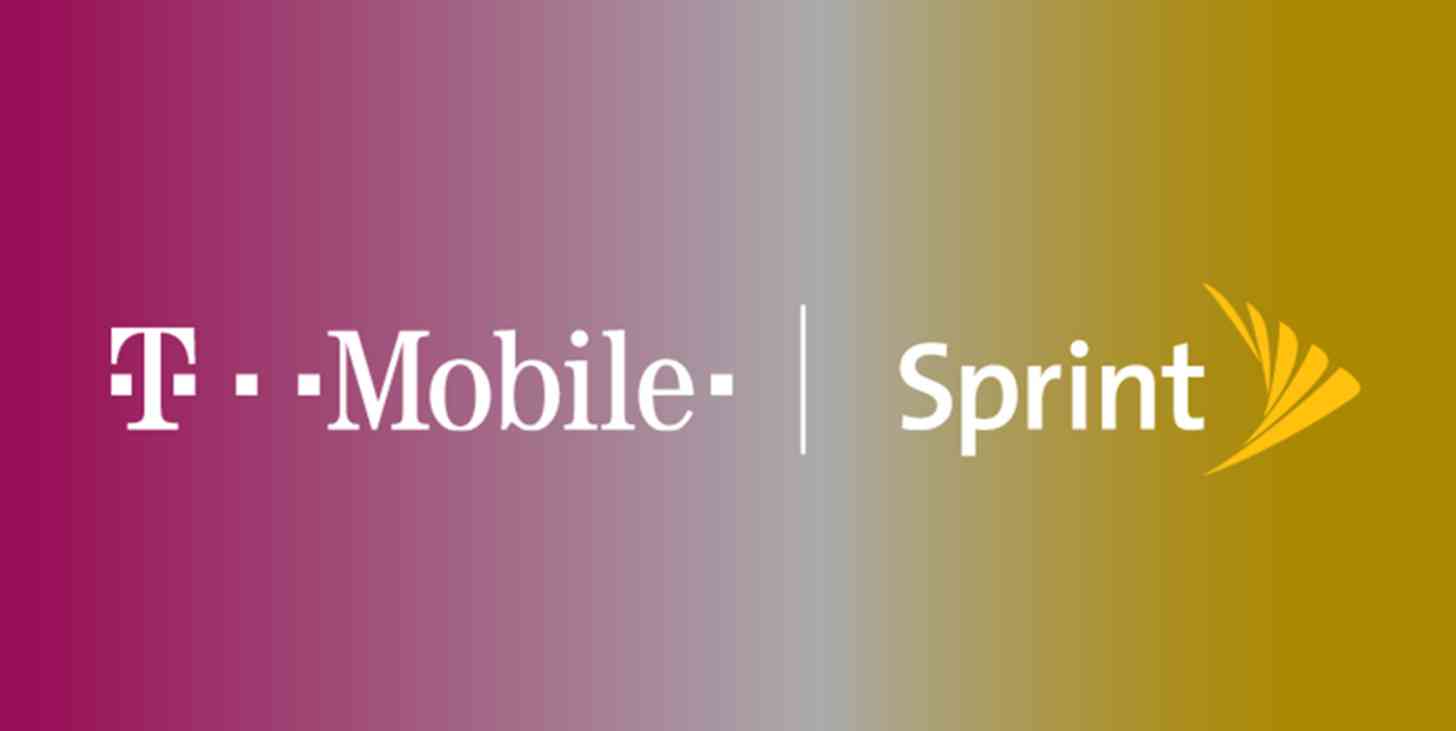
California Attorney General Xavier Becerra announced today that he won't appeal last month's judge's ruling that rejected the lawsuit against T-Mobile and Sprint's merger.
Today's news is notable because Becerra was one of the two state attorneys general leading the lawsuit against the T-Mobile-Sprint merger, which was originally filed in June 2019. The other state AG leading the lawsuit was New York's Letitia James, and she said a few weeks ago that she has also decided not to appeal the judge's decision.
Becerra said that he has reached a settlement with T-Mobile that led him to decide against appealing. The settlement is meant to protect low-income wireless customers and existing employees of T-Mobile and Sprint, as well as create jobs in California.
Included in the settlement are commitments T-Mo made as part of its New T-Mobile Un-carrier 1.0 moves. T-Mobile is required to make low-cost plans available in California for at least 5 years, including a plan with 2GB of high-speed data for $15 per month and another plan with 5GB of data for $25 per month.
T-Mobile must also offer 100GB of free broadband internet per year for 5 years plus a free Wi-Fi hotspot to low-income households without nationwide broadband. These will be offered to 10 million qualifying households. T-Mo must also give these consumers the option to buy select Wi-Fi tablets at the company's cost.
When it comes to jobs, T-Mobile must offer all existing T-Mo and Sprint employees in California a similar job with the New T-Mobile. Within three years of the merger's closing, the New T-Mobile must also have a number of employees equal to or greater than the number of employees currently at T-Mobile and Sprint. Diversity must be improved, too, with T-Mobile increasing employee participation in its Diversity and Inclusion program to 60% within 3 years.
The New T-Mobile has agreed to build a new customer service center in Kingsburg, CA that will create approximately 1,000 new jobs.
Finally, T-Mobile will reimburse California and the other states that participating in the lawsuit against the merger. These states will be reimbursed up to $15 million for the costs of investigating and litigating the merger.
The T-Mobile-Sprint merger is getting close to completion, but there are still a couple of things standing in its way. First is that the California Public Utilities Commission must approve of the deal, which is expected to happen on April 16th. The merger is also undergoing a Tunney Act antitrust review, and it's unclear when that will be complete.